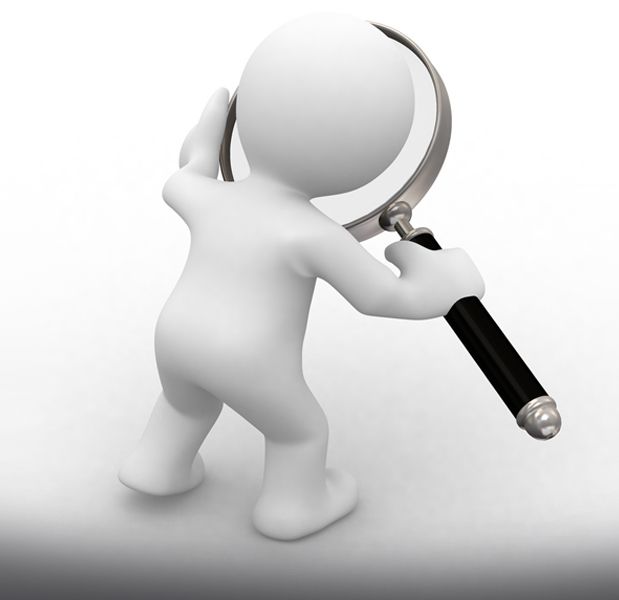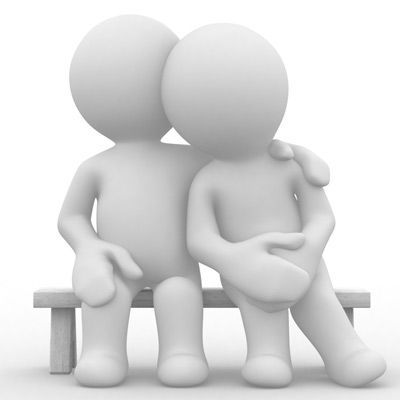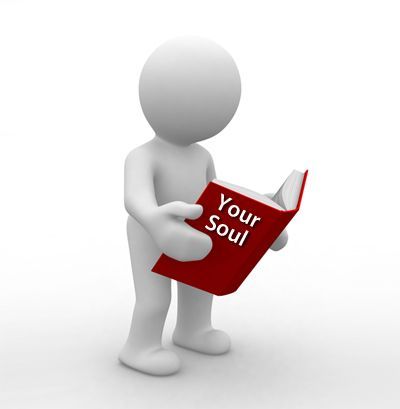Jordan Canon
Spiritual Advisor
Astrology Readings by Jordan Canon Spiritual Advisor

Natal and Synastry Relationship Compatibility Spiritual Astrology Reports
- After you pay, come back here and use the astrology reading form below to submit your astrology reading information.
- Allow 24 to 48 hours to receive your readings as these are processed manually, but they are normally processed faster.
- Should the allotted time pass, please check your spam or junk mail folder for your readings before you contact us.
Submit Your Astrology Reading Information
We will get back to you as soon as possible.
Please try again later.
The History of How Astrology Readings
Astrology has a rich and diverse history that spans thousands of years. While its exact origins are debated, the earliest known evidence of astrology can be traced back to ancient Mesopotamia around the 2nd millennium BCE. The Babylonians, in particular, played a crucial role in its development.
The ancient Babylonians observed the movements of celestial bodies and noticed correlations between the positions of the planets, stars, and events on Earth. They believed that these celestial bodies held significant influence over human affairs and created an intricate system of interpreting their movements and positions.
By studying the night sky and developing mathematical calculations, the Babylonians established the zodiac, a star map divided into twelve equal sections known as "signs." Each sign represented a particular time period during the year and was associated with specific qualities and traits.
Greek philosopher and mathematician Claudius Ptolemy further expanded astrology's influence during the 2nd century CE. His work, "Tetrabiblos," became a cornerstone in Western astrology and established the principles and terminology that are still used today.
As astrology spread throughout different civilizations, it incorporated various cultural beliefs and practices. In ancient India, astrology became an essential part of Vedic tradition, linking it closely to religion and spirituality. Similarly, in the Islamic Golden Age, scholars applied their knowledge of astronomy and astrology to develop elaborate systems for prediction and interpretation.
During medieval Europe, astrology became intertwined with alchemy and occultism. Astrologers played significant roles in the courts of kings and emperors, offering advice and making predictions based on celestial movements. However, with the rise of scientific rationalism during the Age of Enlightenment, astrology faced criticism and skepticism, leading to a decline in its popularity in certain circles.
Nevertheless, astrology has persisted and continues to captivate people worldwide. In modern times, it has evolved to encompass diverse approaches, including psychological astrology, horoscopes in popular media, and personalized birth chart readings. Astrology remains a subject of fascination for many, offering insights into personality traits, relationships, and life events based on the interaction between celestial bodies and human lives.
It's essential to note that while astrology holds great cultural and historical significance, its validity as a predictive science is a matter of debate. Many view astrology as a tool for self-reflection and personal growth, while others approach it with skepticism. The study of astrology continues to evolve, and its impact on society is likely to endure for generations to come.



